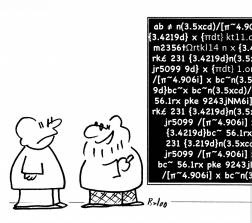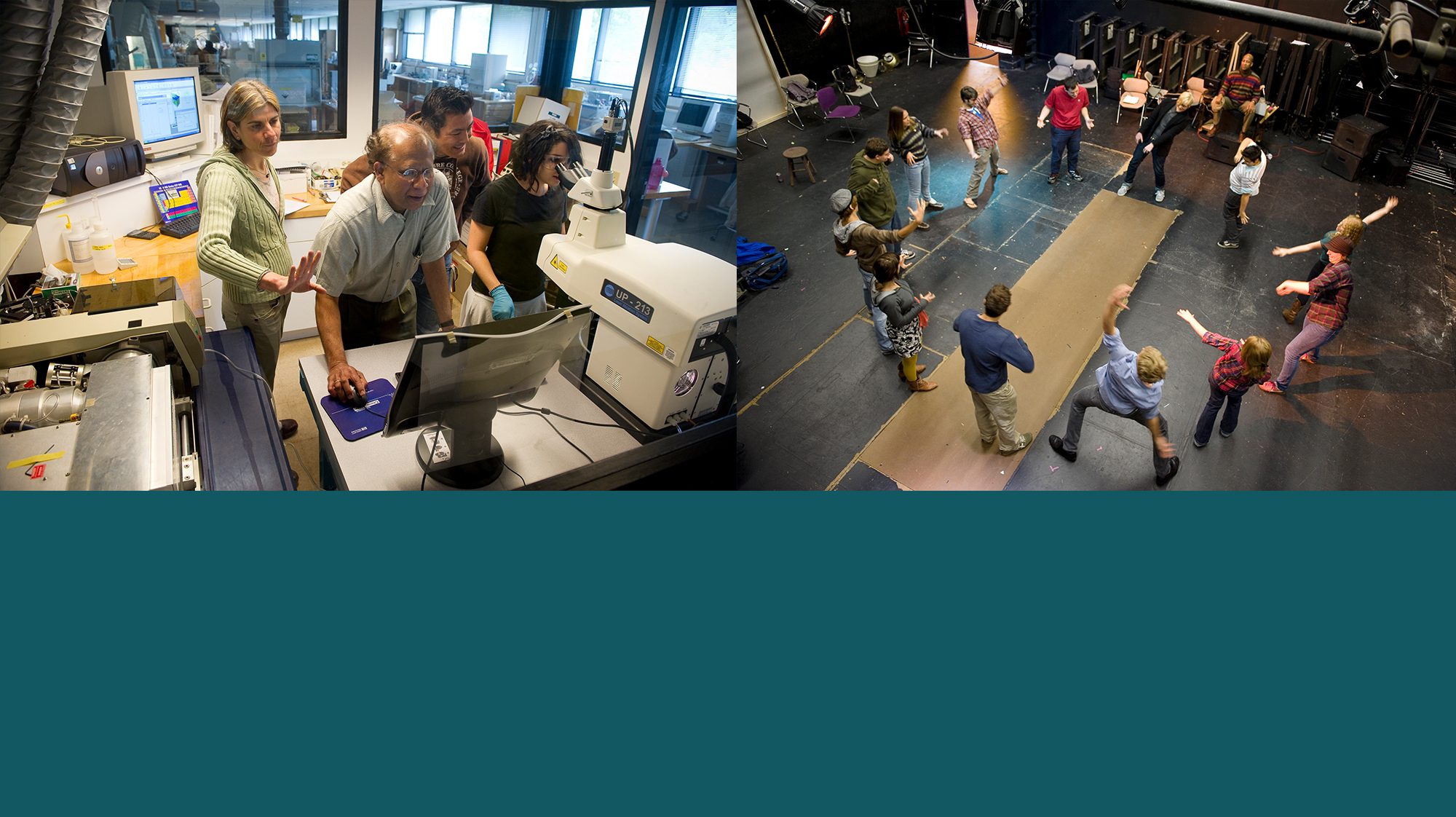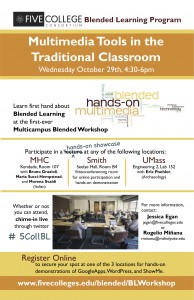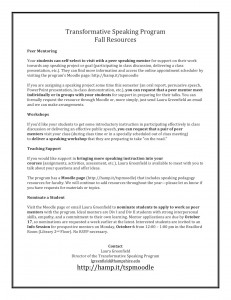
After a five-minute Google search for “grant writing cartoons,” it became very clear that applying for grants gets a bad rap. It’s true—grant writing can be an arduous, tedious process, in which you can put forth tremendous effort with potentially little return. Writing a grant proposal is very much like preparing for a big life event (a wedding, a major trip, or having a child). You plan. You stress. You dedicate tremendous time to make sure everything is perfect. And then your great aunt complains that her piece of the wedding cake was stale. Or your friend looks at the photos from your trip to Europe and tells you that his trip to Europe took a more original, “off the beaten path” approach. All your planning and care seems to fly out the window and what you’re left with is dismay and disappointment.
And you know what? It can hurt. Hearing that your proposal was not selected for funding can be a real drag, but it can also present you with a learning opportunity. We’ve been told by many Hampshire faculty who are new to grant seeking that they don’t “get grant writing” and that it seems like “some sort of mystical thing that doesn’t make sense” to them. Good news: Grant writing doesn’t have to be nebulous.
One of the best ways to learn why certain grants get funded is to serve on a grants review panel. There are many government agencies who are constantly looking for peer reviewers (and most pay a stipend!) for grant applications. In turn, you get the chance to see how grant proposals are evaluated, giving you key insights into approaches to your own proposal writing. Being a peer reviewer on a grants panel is also a great addition to your CV!
Here are a few opportunities for you to consider:
- The National Institutes for Health has an Early Career Reviewer (ECR) program, which serves to help emerging researchers advance their careers by exposing them to a peer review experience that may make them more competitive as applications. http://public.csr.nih.gov/ReviewerResources/BecomeAReviewer/ECR/Pages/default.aspx
- The National Science Foundation is always looking for Volunteer Peer Reviewers, who will not only gain direct knowledge about the NSF peer review process, but also meet colleagues and NSF program officers managing programs related to their interest. Please keep in mind that NSF includes the social sciences. http://nsf.gov/bfa/dias/policy/merit_review/reviewer.jsp
- There are also peer reviewer opportunities in the Arts & Humanities, specifically at the National Endowment for the Humanities and at the National Endowment for the Arts.
NEH: http://www.neh.gov/grants/application-process
NEA: http://arts.gov/grants/apply-grant/grants-organizations/grant-review-process





